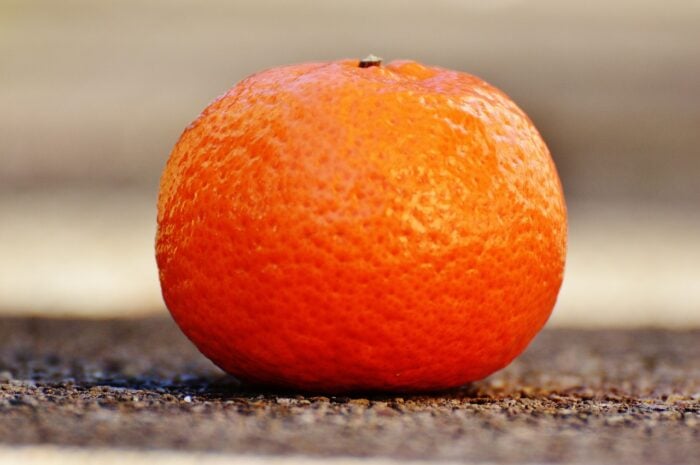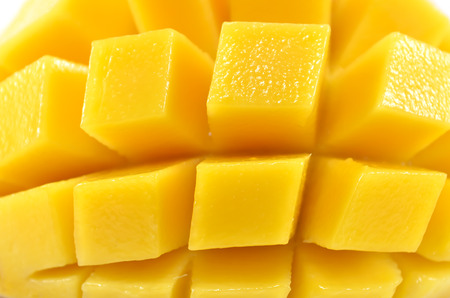The U.S. Government has followed through on its threat to implement tariffs on US$34 billion worth of Chinese goods, in a major escalation of a trade dispute that will likely hit consumers and companies in both countries.
The 25% duties, which went into effect at 12:01 am EST, prompted quick retaliation by Beijing, which said it immediately put its own similarly sized tariffs on U.S. goods, including fruits and vegetables.
China’s Ministry of Commerce said in a statement the U.S. “has violated World Trade Organization rules and launched the biggest trade war in economic history to date.”
It accused the U.S. of bullying and said the move would jeopardize global supply chains and hinder the pace of global economic recovery. It added this would trigger “global market turmoil and will affect more innocent multinational corporations, general enterprises and ordinary consumers.”
“The Chinese side promised not to fire the first shot, but in order to defend the core interests of the country and the interests of the people, we had to be forced to make the necessary counterattacks,” the ministry said.
“We will promptly inform the WTO about the situation and work with countries around the world to jointly safeguard free trade and the multilateral system. At the same time, we reiterate that we will unswervingly deepen reform, expand opening up (of markets), protect entrepreneurship, strengthen IP rights protection, and create a good business environment for Chinese companies in the world.”
The first wave of US$34 billion of tariffs is expected to be followed by a further US$16 billion, with both countries having threatened a total of US$50 billion worth of duties.
With no official talks scheduled between the two countries, and disagreements within the Trump administration about how best to proceed, a quick resolution seems increasingly unlikely, the New York Times reported.
“At the moment, I don’t see how this ends,” Edward Alden, a senior fellow at the Council on Foreign Relations, told the publication.
“This is very much in the president’s hands because he’s got advisers that seem divided, some substantively, some tactically. I just don’t think we’ve had any clear signs of the resolution he wants.”
In terms of U.S. fruit exports, cherries, apples and citrus are likely to be the most affected. However, Produce Marketing Association vice president of global membership and engagement Richard Owen last month said he expected the Chinese market to more easily absorb the higher prices for cherries.
Source: www.freshfruitportal.com
Related News & Updates
Become a Member
Join AHT
We’re the peak industry body for Australian Horticulture Trade. Joining AHT helps us advocate for you & the greater good of the industry.
Benefits OF joining
- Representing you, monitoring developments and potential threats to imports & exports
- We work on your behalf on solutions & opportunities to facilitate and maintain trade
- Be kept up to date with important issues affecting horticultural imports & exports



